The Sewage-Free Streets and Rivers (SFSR) campaign awarded six organizations a total of $7,750 in capacity building grants in the spring of 2021. The purpose of these grants is to support efforts by partner organizations to conduct public outreach on combined sewer overflow (CSO) impacts, solutions, challenges, and financing. The latest round of grants focused on small business outreach and the expansion of initiatives’ reach among residents. Here is a summary of some of the activities that were organized by our partners with the support of the capacity building grants:
Paterson outreach efforts got a boost. The Passaic River Coalition (PRC) worked with Paterson Green Team member Martha Arencibia to reach small businesses in Paterson through mailers and in-person outreach. PRC Executive Director Laurie Howard reported receiving the most interest from automotive repair and junk yards. According to Howard, “no one was aware of the CSO plans, but they did express interest in any improvements.” The Great Swamp Watershed Association (GSWA) partnered with the Paterson Green Team to organize a virtual public outreach meeting and presentation on the benefits of green infrastructure to the reduction of CSOs. The GSWA and Paterson Green Team recruited 40 more residents to adopt catch basins and distributed kits that included grabbers, gloves, vests, masks, flyers on CSOs, and tools for documenting the trash collected from catch basins. These kits were distributed at an adopt-a-catch basin give-away meetup, as well as at other events.
Newark small businesses, elected officials, and community members learned about CSOs. La Casa De Don Pedro distributed materials developed by the SFSR campaign to 88 small businesses located along the Lower Broadway commercial corridor, and community outreach staff presented on CSOs at several Lower Broadway Neighborhood Association meetings. In addition, La Casa De Don Pedro translated outreach materials into Spanish. COVID restrictions made in-person outreach difficult, so staff members used their email and social media networks to reach over 600 Lower Broadway residents and local elected officials with information on CSOs. Newark DIG is developing a Newark-focused outreach brochure that will inform small- and medium-sized businesses about the CSO issue, what steps the city is taking to correct the problem, the possible financing solutions the city is considering, and how business owners will be affected (as well as how they can get involved and informed). These brochures will be printed and distributed to small businesses in Newark.
The Greenville Neighborhood Alliance (GNA) spread the word about CSOs among residents of the Greenville neighborhood and beyond. GNA distributed information on CSOs at local events, including the Black Business Matters Juneteenth Festival and Ward F Block Party, and organized a networking barbeque for small businesses. SFSR coordinator Mo Kinberg, as well as Sustainable Jersey City, presented at the barbeque. GNA also placed an ad on CSO challenges and solutions in “The Frederick Douglass Juneteenth Celebration Memorable Journal.” The ad ran all day on June 19, 2021 and was shared via social media (across 5 pages and over 20 groups) and emails to all networks.
Future City Inc. expanded its outreach efforts on CSOs to regional residents. The organization utilized informational materials and presentations to improve awareness regarding CSOs not only in Elizabeth, but in other blueway municipalities as well. Future City Inc. wanted to target non-CSO residents so that all could understand the impacts of combined sewer systems on the region. Educational materials developed and shared included a crossword puzzle, a bilingual flyer, pictures of local sewers and CSOs, and a map portraying all the official locations of CSOs within the municipalities along the blueway. Future City Inc. presented information about CSOs, storm drains, and gray infrastructure, as well as their impact on communities along the Arthur Kill Blueway, as part of the Waterfront Alliance and NY/NJ Harbor Estuary Program’s 14th Annual City of Water Day event. It will present the same information at the City of Elizabeth’s 2021 Estuary Day in October 2021.
Many of these efforts are ongoing. Sewage-Free Streets and Rivers will continue to partner with these organizations, as well as campaign partners and any groups interested in conducting outreach on CSO solutions, challenges, and financing.
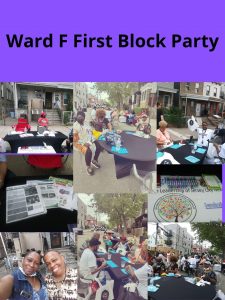


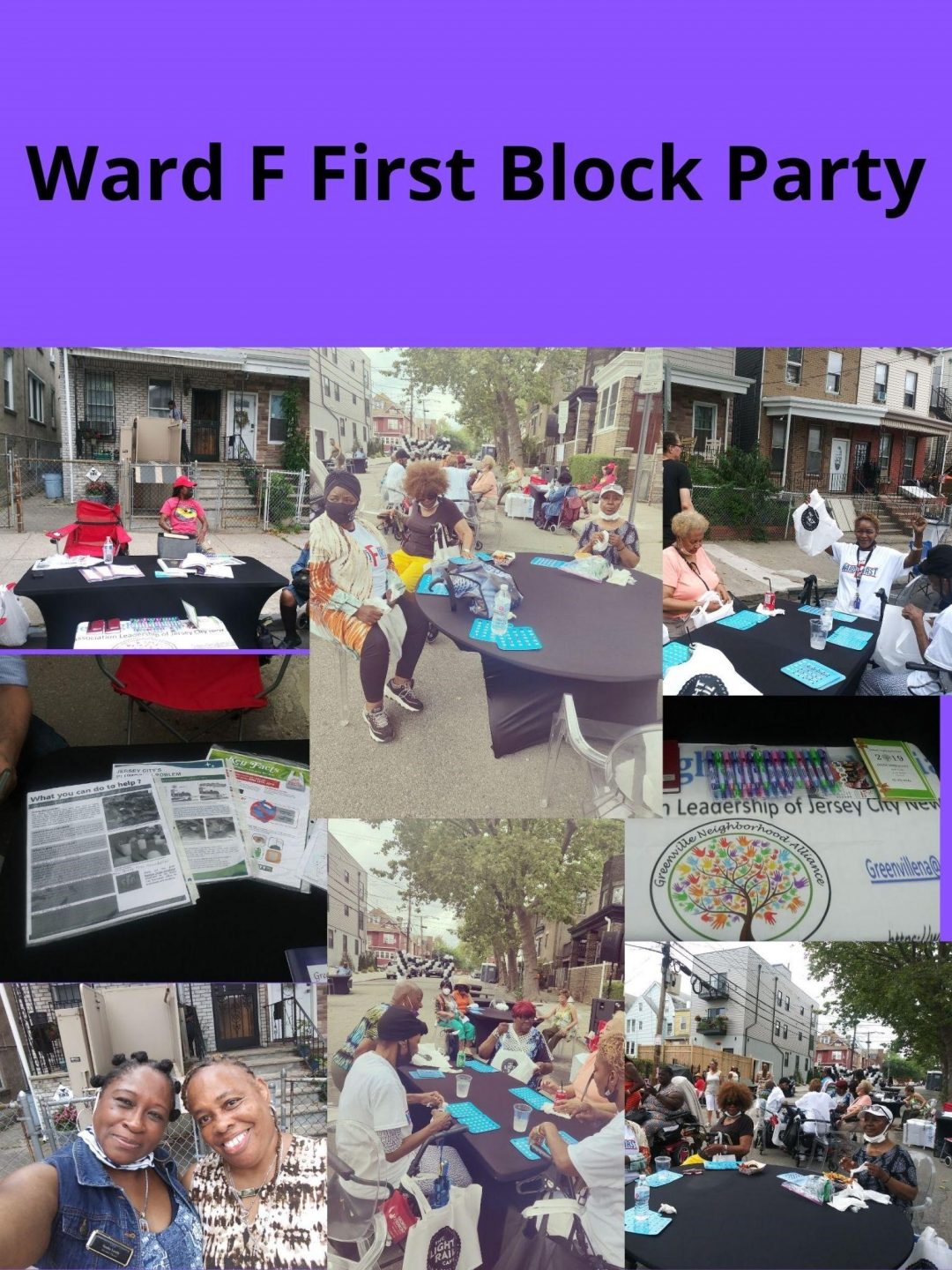

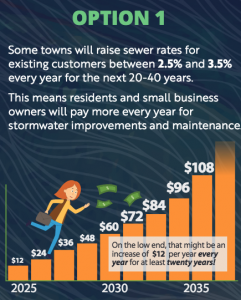
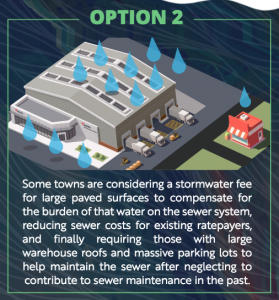
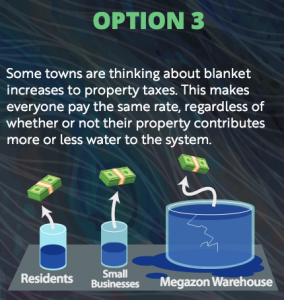


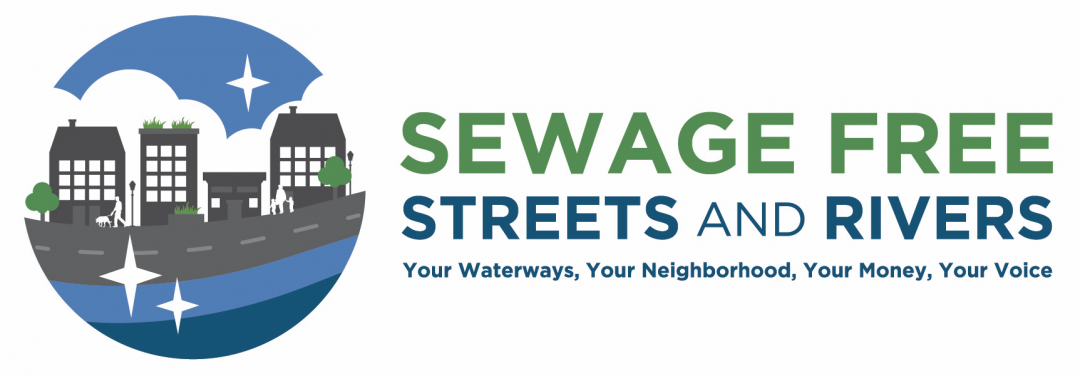


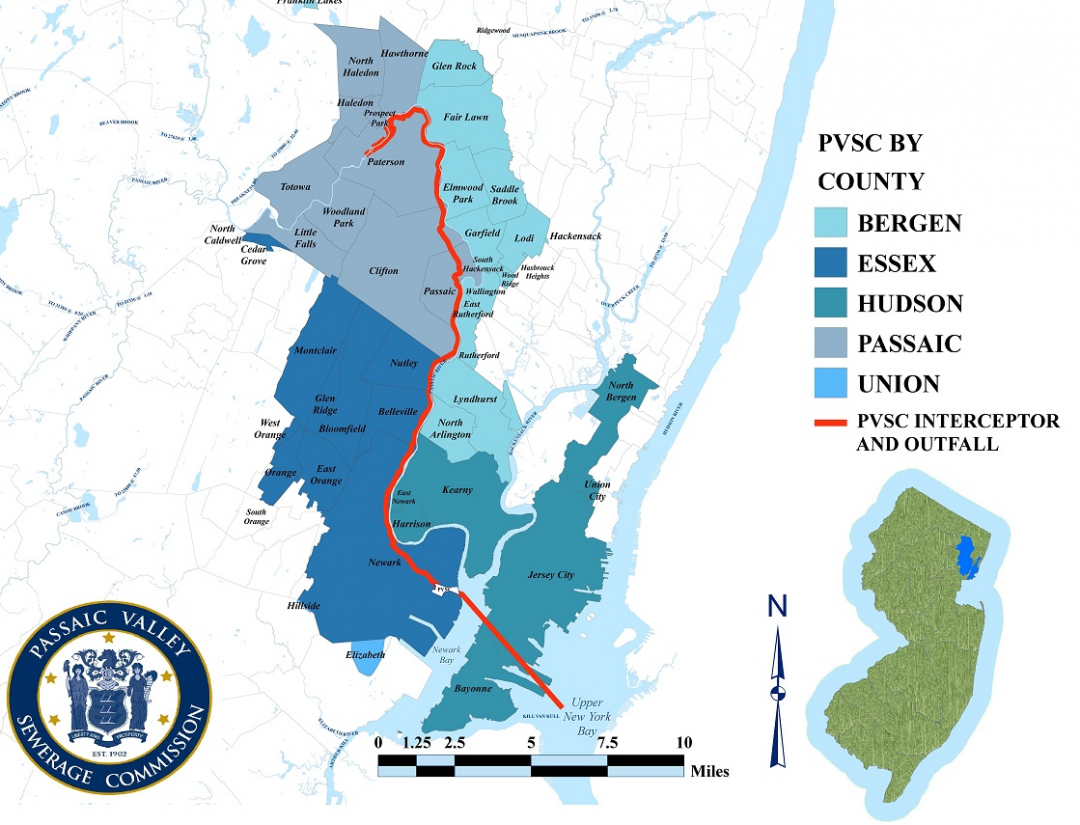
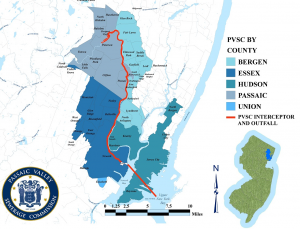 The PVSC is one of the largest sewer treatment plants in the country and serves 48 municipalities, eight of which have combined sewer systems. To meet requirements to reduce sewage overflows, PVSC and the eight communities with combined sewer systems submitted a regional combined sewer overflow (CSO) Long Term Control Plan (LTCP) to the New Jersey Department of Environmental Protection (NJDEP). The plan, which is currently under review by the NJDEP, proposes upgrades to the municipal sewer systems, as well as regional upgrades that will increase the capacity of the treatment plant. PVSC and the eight CSO municipal permit holders are engaged in ongoing negotiations regarding how the costs of a regional plan will be shared.
The PVSC is one of the largest sewer treatment plants in the country and serves 48 municipalities, eight of which have combined sewer systems. To meet requirements to reduce sewage overflows, PVSC and the eight communities with combined sewer systems submitted a regional combined sewer overflow (CSO) Long Term Control Plan (LTCP) to the New Jersey Department of Environmental Protection (NJDEP). The plan, which is currently under review by the NJDEP, proposes upgrades to the municipal sewer systems, as well as regional upgrades that will increase the capacity of the treatment plant. PVSC and the eight CSO municipal permit holders are engaged in ongoing negotiations regarding how the costs of a regional plan will be shared.


 Multi-billion dollar plans to stop sewage overflows have been submitted to the New Jersey Department of Environmental Protection (NJDEP), and communities and stakeholders have reviewed the plans and have sent in
Multi-billion dollar plans to stop sewage overflows have been submitted to the New Jersey Department of Environmental Protection (NJDEP), and communities and stakeholders have reviewed the plans and have sent in